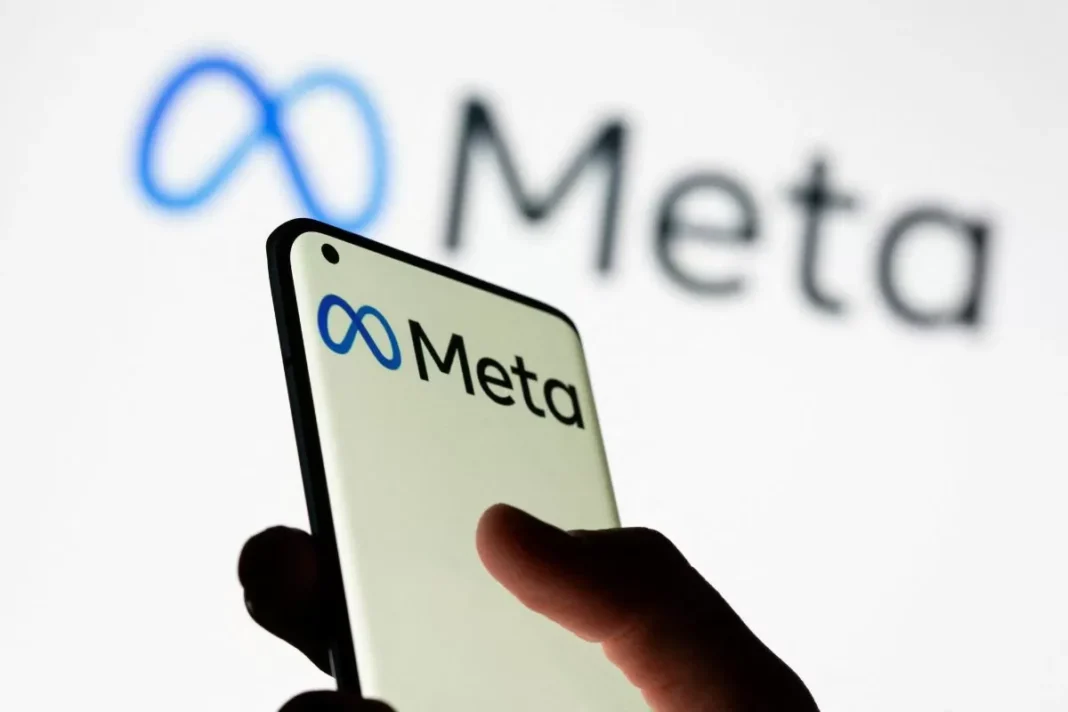Meta, the tech giant formerly known as Facebook, has been making headlines for its massive data collection efforts. Last year, the company announced that it would be collecting data from its US users across all of its platforms and beyond. However, what many people may not realize is that this data collection also extends to users in a large number of countries, including India. This means that any data a user has made available publicly or shared with the Meta AI was likely already used to personalize ads and train its Llama AI models.
At first glance, this may seem like a cause for concern. Many people are wary of their personal information being collected and used without their knowledge. However, Meta has assured its users that this data collection is being done with their best interests in mind. The company believes that by collecting this data, they can provide a better user experience and improve their products and services.
One of the main reasons for this data collection is to personalize ads. By analyzing the data collected from users, Meta can create targeted advertisements that are more relevant and useful to each individual. This not only benefits the company, but also the users. Instead of being bombarded with irrelevant ads, users will see ads that are tailored to their interests and needs.
But personalized ads are just the tip of the iceberg. Meta is also using this data to train its Llama AI models. These AI models are used in various applications, such as facial recognition and content moderation. By feeding them more data, Meta hopes to improve their accuracy and make them more efficient. This is especially important when it comes to content moderation, as it can help prevent the spread of harmful or misleading information on the platform.
Now, you may be wondering why Meta is collecting data from its users in India. The answer is simple – India is one of the largest and fastest-growing markets for the company. With over 350 million users in the country, it is a crucial market for Meta. By collecting data from Indian users, the company can better understand their needs and preferences, and tailor their products and services accordingly.
It’s worth noting that all of this data collection is done with the users’ consent. When signing up for a Meta account, users agree to the company’s terms and policies, which include data collection. Additionally, users have the option to control their privacy settings and choose what information they want to share with Meta. This gives users a sense of control over their data and ensures that they are aware of how it is being used.
But perhaps the most important aspect of this data collection is the potential for innovation and progress. With access to such a vast amount of data, Meta has the opportunity to develop new and innovative products and services that can benefit its users. This data can also be used for research and development, leading to technological breakthroughs that can improve our daily lives.
Furthermore, this data collection is not just limited to Meta’s platforms. The company also has partnerships with third-party apps and websites, allowing them to access even more data from users. This has the potential to revolutionize the way we use technology and make our lives easier.
In conclusion, while the news of Meta’s data collection may have raised some eyebrows, it is ultimately a positive development. By using this data to personalize ads and train AI models, the company is improving the user experience and making its products and services more useful. And with India being a key market for the company, this data collection has the potential to benefit millions of Indian users. So, let’s embrace this data collection and look forward to the advancements and innovations it will bring in the future.



